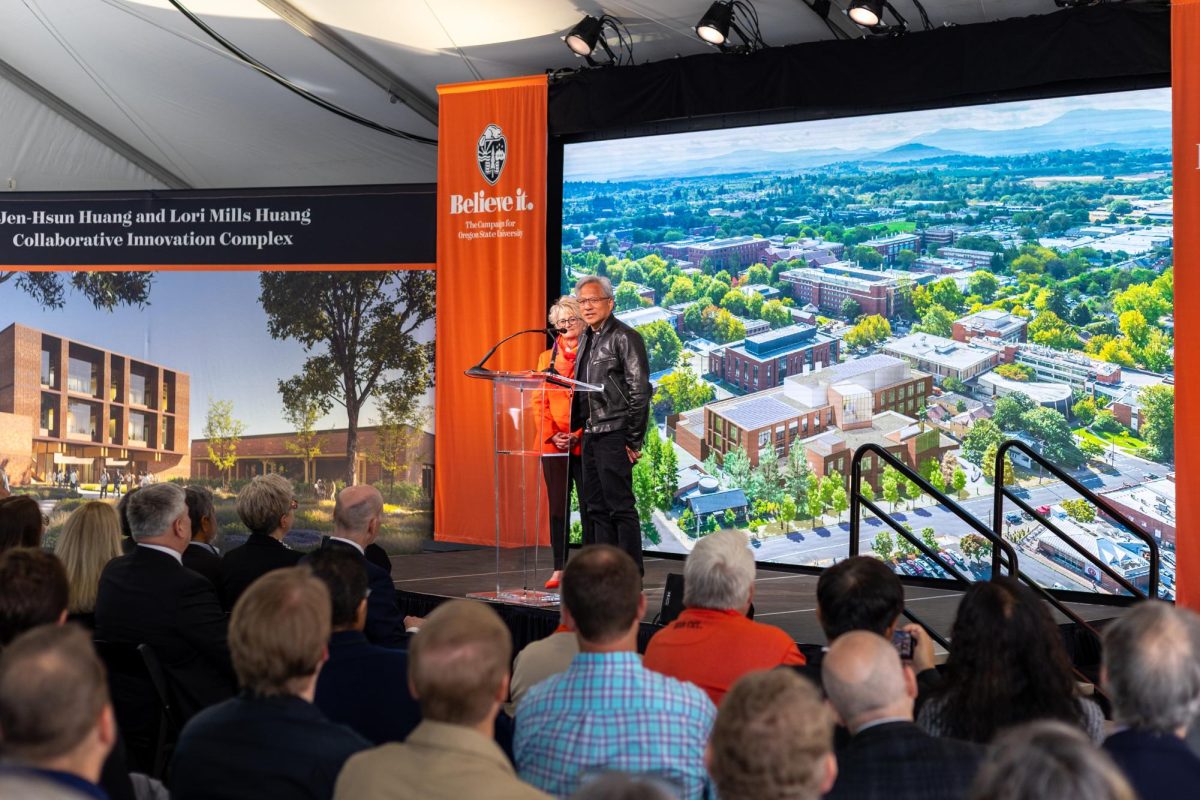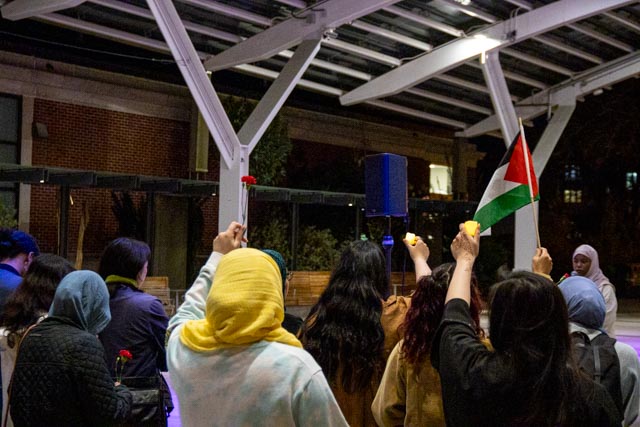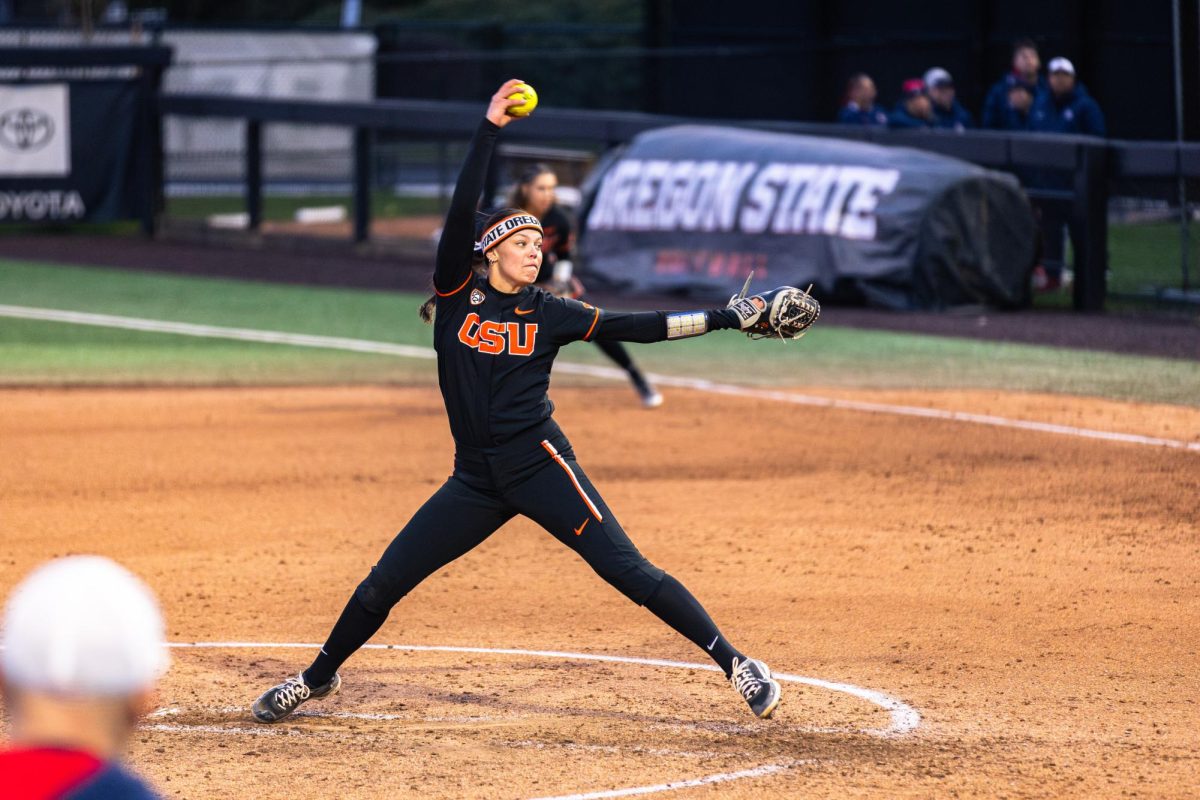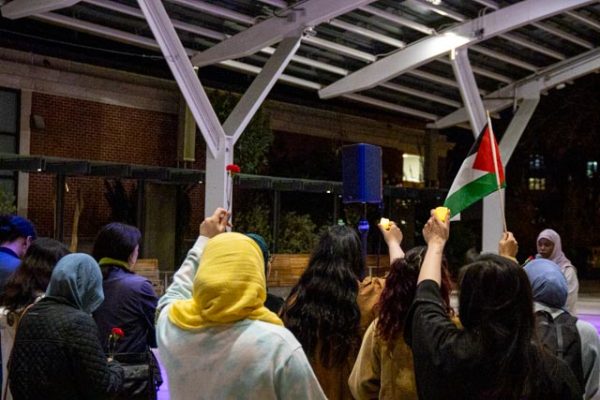Top honors for gerontologist
December 4, 2008
Joe Hendricks, a nationally-recognized social gerontologist and the founding dean of the Oregon State University Honors College, has been awarded the 2008 Kleemier Award for his contributions to the field of aging. Hendricks has worked at OSU for 20 years. After serving as the chair of the Department of Sociology, he became the Interim Associate Provost for International Programs.
According to Hendricks, the Kleemier Award is given for “research that has shaped the field and given direction to the empirical research agenda.”
This award is the most esteemed honor of the Gerontological Society of America. “It is widely regarded as the most prestigious award to researchers in gerontology,” said Karen Hooker, director of Gerontology Program at OSU.
“It is unusual for a social scientist like me to win, as there is any number of top-flight researchers in the public health, medical and other fields who do outstanding work,” said Hendricks.
Hendricks focuses his research on explaining the difference in the difficulties people face as they grow older.
“Besides individual characteristics, there are a number of situational and social-structural factors that influence a person’s access to resources and, thereby, their ability to cope,” Hendricks explained.
His work has influenced the way in which social gerontologists approach empirical data of differential aging. He has contributed approximately 150 scholarly articles and numerous books to the field of social gerontology.
“He has also written a widely used undergraduate textbook in the field,” said Alexis Walker, professor in gerontology and family studies at OSU.
Along with his written contributions, Hendricks has been a leader in the Gerontological Society of America and the Association for Gerontology in Higher Education.
Through the latter organization, Hendricks has “widely influenced education in the field of gerontology in universities throughout the U.S.,” Walker said.
“A measure of one’s contribution is that your work is cited in the work of others; that is, their research builds on what you have published,” Walker said. “Joe has had a measurable impact in this way.”
The 2007 Kleemier Award was given to Dr. Rita Effros, a researcher from UCLA who won the Nobel Prize in 1996 for her work on cellular aspects of aging.
“To be in that kind of company is indeed an honor,” Hendricks said.

























































































































